Investments in Free Zones
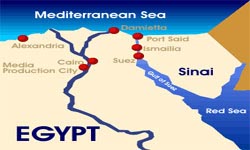
Given their many advantages, especially their being directly in contact with the outside world, free zones in Egypt contribute to increasing both exports and national revenue.
Privileges & incentives
• Free choice of investment activity.
• Unrestricted nationality of capital.
• Free choice of legal format; (individual project - partnership - joint stock - branch of foreign company….).
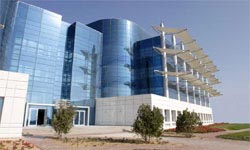
• Capital assets are exempt from customs duties and all import procedures: all equipment, supplies, machinery and necessary means of transport (except passenger cars).
• Imports and exports are exempt from customs duties, sales taxes, other tariffs.
• Free zone projects and dividends earned are not subject to taxes and duties throughout the lifetime of the project.
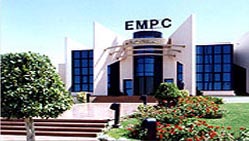
• Domestic components are exempt from customs duties.
Types of Free Zones
Public Free Zones
In Egypt, there are seven Public Free Zones provided with basic infrastructure and utilities: in Nasr City; Alexandria; Port Said; Suez; Ismailia; Damietta; and The 6th of October City.
A Public Free Zone is managed by a board of directors, in addition to an administrative body, which provides technical, economic and legal counsel and offers facilities for project establishment and license issuance.
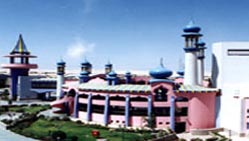
Private Free Zones
Private Free Zones are created by virtue of decrees issued by the General Authority for Investment and Free Zones.
• Private zone location should comply with its economic surroundings e.g. being close to raw material sources or being established in a place appropriate with the nature of its activity (navigation & maritime transport projects, insurance companies, cement silos …etc).
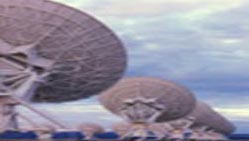
• It should contribute to the establishment of new communities.
• Areas of land requested should not be available in public free zones.
• The project must observe all environment protection regulations.
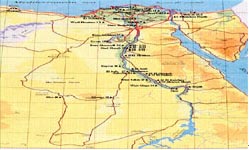
Projects could turn into a Private Free Zone given that:
• They are already in operation.
• They are committed to exporting no less than 50 per cent of their output.
• They operate in accordance with set specifications.
Businesses working within the zone will find a number of incentives, among them: Goods manufactured within investment zones abide by rules of origin necessary for bilateral and multilateral agreements; customs procedures for production inputs will be administered in the investment zone, not airports/ports; equipment, customs and sales taxes are paid in 5-10 year installments; exported goods are tax exempt. Each zone is to have its own One-Stop Shop. Companies established within Investment Zones are incorporated under Investment Law 8/1997 or 159/1981 (Inland Investment).
Among the Free Zone incentives and guarantees are:
- A lifetime exemption from all taxes and customs; exemption from all import/export regulations; the option to sell a certain percentage of production domestically if custom duties are paid; and limited exemptions from labor provisions. In addition, all equipment, machinery and essential means of transport (excluding sedan cars) necessary for maintaining the licensed activities of a project are exempted from all customs, import duty, and sales taxes. All licensing procedures are handled by General Authority for Investments and Free Zones (GAFI).
- A new pricing mechanism for electricity used by energy-intensive industrial sectors (above 50 million kilowatts) is currently being applied to all sectors with the exception of food processing and textiles. Electricity costs are approximately 4 cents/kilowatt (KW). Potable water costs are approximately 20-30 cents per-cubic-meter.
- Manufacturing or assembly projects pay an annual charge of 1% of the total value of their products excluding all raw materials. Storage facilities are to pay 1% of the value of goods entering the Free Zones while service projects pay 1% of total annual revenue. Goods in transit to specific destinations are exempt from any charges.
- A rental prices as Follows: $ 3.50 per square meter per year for industrial projects; $ 7.00 per square meter per year for all other projects (storage and services). A reduction of 50% of the above rate is available in three of the nine public free zones: Ismailia (for industrial and service projects only), Damietta and Shebein el-Kom.
